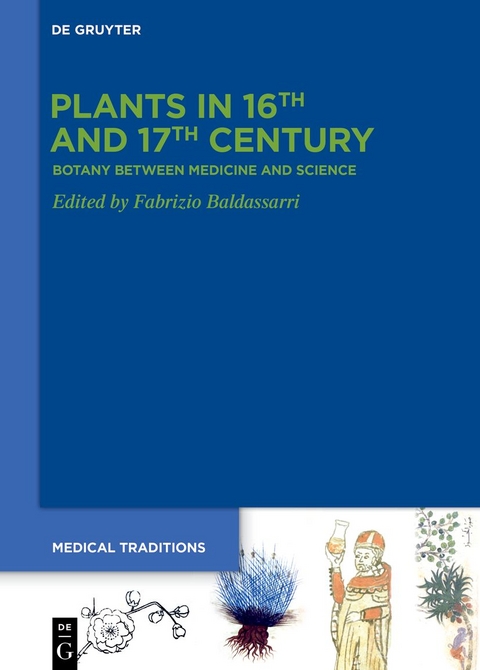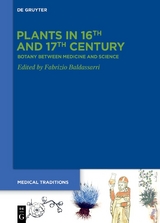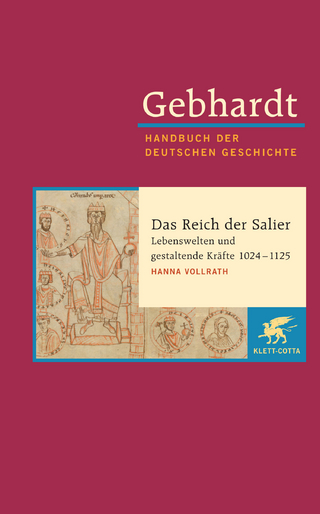Plants in 16th and 17th Century
Botany between Medicine and Science
Seiten
lt;p>
The study of botany has traditionally been ancillary to medical knowledge. Yet, several issues arise while an autonomous discipline of plants develop in the early modern time. This volume aims to discuss a few of these aspects of the relationship between the study of plants and medicine in the early modern time (from the late 15th century to the 18th century). Dealing with the methodologies of transmitting botanical knowledge, the practices with plants, and the attempts to reinforce or rebuke medical traditions, the contributions to this volume focus on the material study of plants in the period of the scientific revolution. The authors focus on the study of herbaria, on manuscripts and materia medica, on the reception of ancient texts, such as Dioscorides' or Pliny's natural history, on the trajectories of exotic plants and the attempts to accommodate them within Galenic system, on the experimentation with plants in anatomical medicine or in the development of new pharmacology.The volume, intented for scholars in early modern history of science, medicine, botany, and also intellectual and material history, will be an important addition in the scholarship.
The series Medical Traditions is devoted to the transmission of the medical knowledge gained through a centuries-long practice and attested by an abundant textual corpus in handwritten form. It publishes original monographs and collections of essays resulting from innovative, cross-disciplinary research providing both primary data for further developments and new insights on any facet of the complex process of conveying medical knowledge.
The study of botany has traditionally been ancillary to medical knowledge. Yet, several issues arise while an autonomous discipline of plants develop in the early modern time. This volume aims to discuss a few of these aspects of the relationship between the study of plants and medicine in the early modern time (from the late 15th century to the 18th century). Dealing with the methodologies of transmitting botanical knowledge, the practices with plants, and the attempts to reinforce or rebuke medical traditions, the contributions to this volume focus on the material study of plants in the period of the scientific revolution. The authors focus on the study of herbaria, on manuscripts and materia medica, on the reception of ancient texts, such as Dioscorides' or Pliny's natural history, on the trajectories of exotic plants and the attempts to accommodate them within Galenic system, on the experimentation with plants in anatomical medicine or in the development of new pharmacology.The volume, intented for scholars in early modern history of science, medicine, botany, and also intellectual and material history, will be an important addition in the scholarship.
Fabrizio Baldassarri, Ca' Foscari University Venice, Italy.
| Erscheinungsdatum | 10.05.2022 |
|---|---|
| Reihe/Serie | Medical Traditions ; 8 |
| Zusatzinfo | 44 b/w and 5 col. ill. |
| Verlagsort | Berlin/Boston |
| Sprache | englisch |
| Maße | 170 x 240 mm |
| Gewicht | 588 g |
| Themenwelt | Geschichte ► Allgemeine Geschichte ► Altertum / Antike |
| Schlagworte | anatomy of plants • Antike / Medizin • exotic plants and drogues • herbalism • Materia medica • Medizin / Geschichte • Pflanzenanatomie |
| ISBN-10 | 3-11-073966-6 / 3110739666 |
| ISBN-13 | 978-3-11-073966-4 / 9783110739664 |
| Zustand | Neuware |
| Haben Sie eine Frage zum Produkt? |
Mehr entdecken
aus dem Bereich
aus dem Bereich
die Inszenierung der Politik in der römischen Republik
Buch | Hardcover (2023)
C.H.Beck (Verlag)
48,00 €
Buch | Hardcover (2024)
Klett-Cotta (Verlag)
50,00 €




